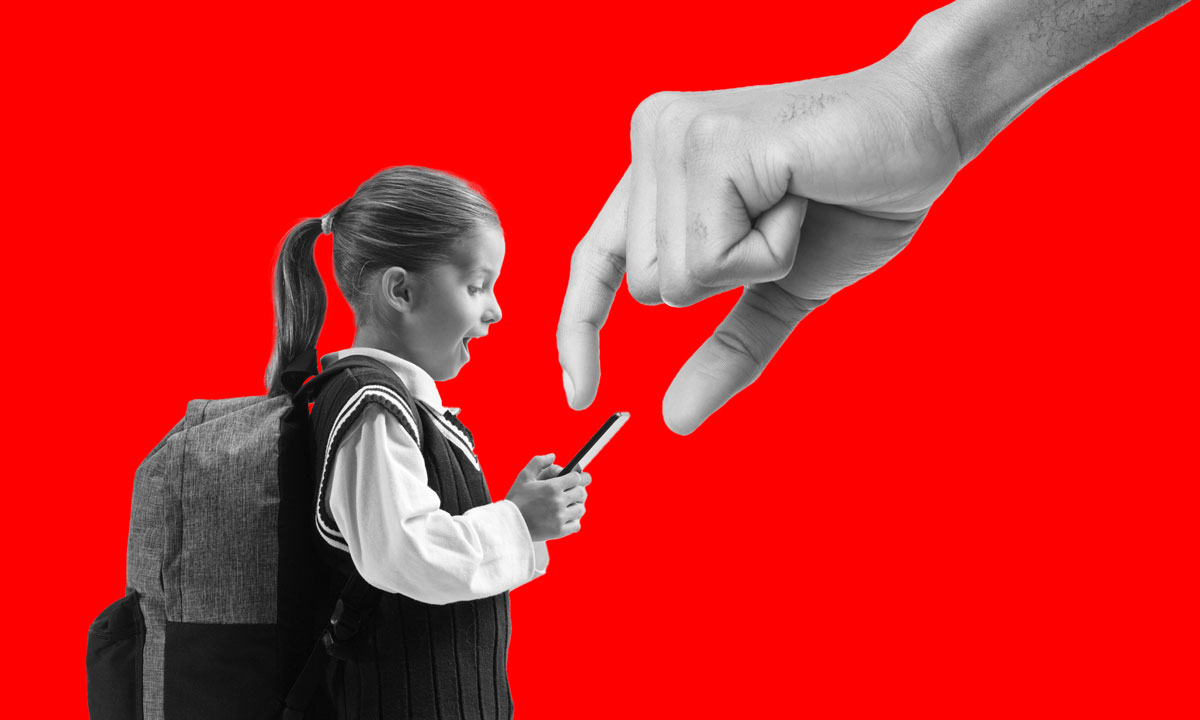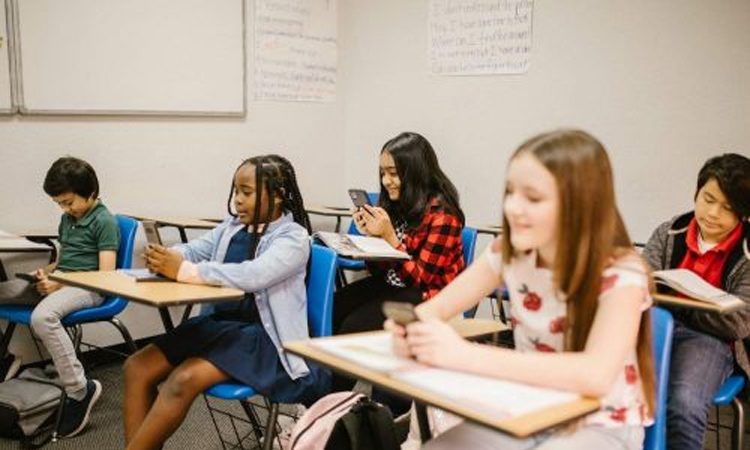Several countries are implementing or considering bans on smartphone use in schools. This global shift aims to reduce distractions, improve learning environments, and address issues like cyberbullying.
Brazil recently joined the growing list of countries that have decided to ban the use of smartphones in schools as reported by Prime Business Africa. This move aims to reduce distractions and improve the learning environment for students. Brazil’s decision follows similar bans in several other countries across different continents.
Join our WhatsApp ChannelWhy Ban Smartphones in Schools?
The debate on whether to ban smartphones in schools continues globally. Speaking to Anadolu, Manos Antoninis from UNESCO’s Global Education Monitoring Report noted a “surge of activities, initiatives, policies, and decisions to ban the use of mobile phones in schools all over the world.” He highlighted concerns among teachers, parents, and policymakers about the challenges smartphones pose in educational settings.
Peter Macaulay, a senior psychology lecturer at the University of Derby, supports the bans. He said, “Limiting smartphone use in schools will reduce distractions, facilitating an environment to promote teaching and learning.” He also pointed out that removing phones could help combat issues like cyberbullying, reducing the risk of harmful online behaviour among students.

READ ALSO: Brazil Bans Use Of Smartphone In Schools
List of Countries Banning Smartphone Use in Schools
Several countries have implemented bans or restrictions on smartphone use in schools:
- United States: States like Florida, Louisiana, Indiana, and others have introduced laws to curb phone use in classrooms.
- France: Banned phones in nurseries and primary schools since 2018, with a pilot ban in secondary schools this year.
- Italy: Prohibits phones in kindergarten, primary, and lower secondary schools, including for teaching purposes.
- Belgium: Imposed bans in French-speaking regions and Brussels for primary and secondary students.
- Hungary: Enforces strict restrictions, collecting phones at the start of the day.
- Netherlands: Bans smartphones, tablets, and smartwatches in primary and secondary schools.
- Greece: Requires students to keep phones in their bags throughout the school day.
- UK: Issued guidance for schools to limit phone use during the day.
- Spain: Banned phones in primary schools, with secondary schools limiting use to educational purposes.
- Finland: Recommended restricting phone use to break periods, with plans for tighter legislation.
- Ireland: Announced plans to bar phones in all secondary schools, emphasising the need for wider bans.
- Nigeria: The ban on smartphones in schools came into effect in Nigeria in 2012, and although no official policy has been issued on prohibiting phone use, many states in the country have already implemented.
- Cambodia: Cambodia on the 24th of October 2023 banned students from using smartphones in classrooms, saying that the move is to motivate students to focus on their studies.
- Egypt: Egypt banned the use of smartphones in public schools for the 2022/2023 academic year. The ban applies to both students and teachers
- New Zealand: Phones away for the day is a policy that kicked in from April 29 2024 in the country and has been upheld ever since.
Impact of Bans on Students
Experts like Antoninis and Macaulay believe the primary issue with smartphones in schools is distraction. Antoninis explained, “The presence of the phone is very distracting. Having been interrupted by a message may set you about 20 minutes back when you try to concentrate.” He added that in wealthier countries, there’s little need for phones in classrooms, as they are rarely used for educational purposes.
Macaulay acknowledged potential benefits, such as connecting with social media communities, but warned of the downsides. “Most of the time it involves a lot of social comparisons, leading to anxiety, depression, and even suicidal thoughts,” he said.
The decision to ban smartphones in schools is a growing trend worldwide. Countries like Brazil, France, Italy, and others are implementing these measures to enhance learning environments and protect students from online dangers. While the debate continues, the emphasis remains on creating a distraction-free, safer educational space for students.















